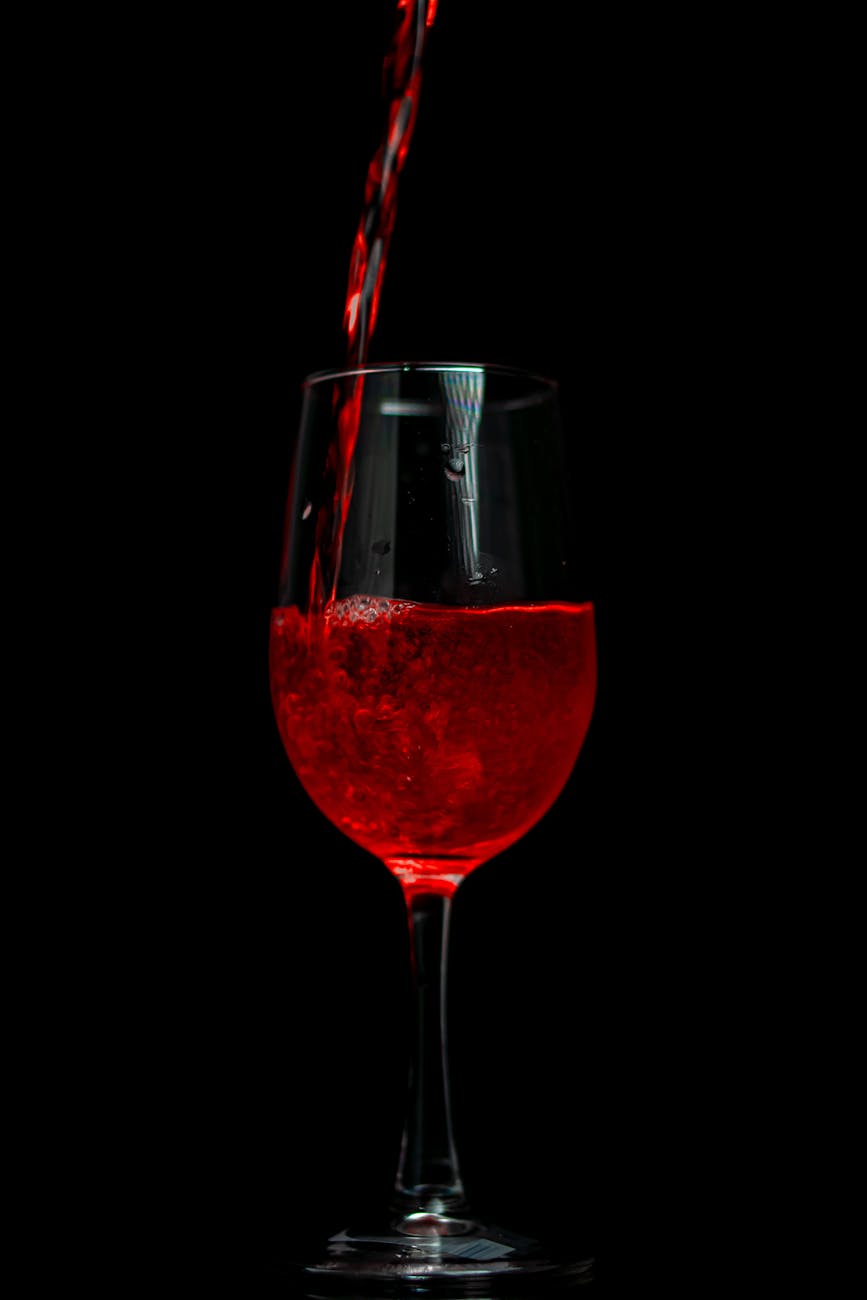When indulging in the world of luxury alcohol, there’s a thrilling allure that raises expectations. However, not all bottles on the market are what they seem. Fake luxury alcohol is a frustrating reality faced by many enthusiasts and collectors. In this post, we will explore pivotal tips and tricks to help you sift through the fakes and find the genuine articles worthy of your palate and prestige.
Navigating the murky waters of counterfeit luxury drinks can feel overwhelming, but understanding what to look for can transform your experience. From scrutinizing labels and seals to examining the bottle’s craftsmanship and other subtle details, we’ll delve deep into the realm of luxury alcohol. Prepare to discern the fakes from the authentic, ensuring that your collection remains pristine and your tasting adventures remain genuine and memorable.
Luxury alcohol is often characterized by its high-quality production processes, rich heritage, and exquisite packaging. Brands renowned for their luxurious spirits or wines have built a reputation over decades, sometimes even centuries. Each bottle tells a story, richly infused with tradition, craftsmanship, and prestige. Understanding this context is vital; the unique qualities of luxury drinks create a foundation for distinguishing the fakes from the real deal.
Essentially, luxury alcohol embodies exclusivity and uniqueness. Commonly created in limited quantities, these beverages often employ the finest ingredients and expert techniques, resulting in unparalleled flavor profiles. Familiarizing yourself with the distinct traits of celebrated brands can significantly elevate your ability to spot imitations. Additionally, knowing the different styles and characteristics of specific spirits can enhance your tasting experience even further, making each sip a memorable occasion.
To spot counterfeit luxury alcohol, you’ll want to familiarize yourself with various warning signs that can easily go unnoticed. Firstly, inspecting the packaging should be top of mind. Authentic brands invest heavily in high-quality packaging with labels that are usually embossed, printed with vibrant colors, and affixed securely. Look for inconsistencies such as poor print quality or misspelled brand names, which can be dead giveaways that something is amiss.
Another telltale sign is the cork or cap integrity—real luxury wines often feature corks that are natural rather than synthetic, and the closure should be tight and secure. Be wary of any indications of tampering or unusual interventions. Additionally, unusual or altered alcohol content should raise red flags. True luxury alcohol adheres to specific alcohol by volume (ABV) specifications that are consistent across batches, and deviations from these norms are highly suspicious.
Affirming the authenticity of luxury alcohol is an art that marries both due diligence and curiosity. One effective strategy is to conduct thorough research before purchasing. Understanding the typical characteristics of the bottle, including its style, packaging, and even the specific retailer, can bolster your chances of avoiding fakes. Utilize reputable sources and expert reviews to identify trusted distributors.
Moreover, consider sourcing your luxury alcohol from specialized boutiques or directly from the brand when possible. This approach significantly reduces the likelihood of encountering counterfeit products. Additionally, if you have access to a local wine or spirit tasting event, seize the opportunity to learn from industry experts. These experiences can provide invaluable insights into the language of luxury alcohol while enhancing your confidence when making purchases.
If you happen to suspect that a bottle in your possession is counterfeit, the first step is to refrain from panic. Instead, consider verifying the bottle against known benchmarks provided by the producer. Many brands have official websites displaying authentic characteristics, which can serve as a handy guide for comparison.
Next, report your findings to the relevant authorities or the retailer from whom you purchased the drink. Emerging technologies, such as blockchain, are increasingly employed in the luxury alcohol sector to trace authenticity. Additionally, sharing your experience with fellow enthusiasts can create a collective awareness that contributes to combating the counterfeit market.
In the captivating world of luxury alcohol, understanding how to differentiate authenticity from imitation can dramatically enhance your enjoyment and collection experience. By recognizing the subtle nuances, inspecting details, and digging into the stories behind each brand, you elevate your knowledge and taste. With a proactive approach, you’ll not only protect yourself from fraud but also cultivate a richer appreciation for the amazing craftsmanship encompassing true luxury spirits and wines.
Cherish those moments as you savor each sip of your prized pours. Armed with the right information, your soirées and tasting adventures will be genuinely spectacular. The more you investigate and learn, the more you enhance your own exciting journey through the luxurious landscape of exceptional drinks.
- What are the most counterfeited luxury alcohol brands?
Certain brands, especially those that are highly coveted and sought after, such as Louis Roederer Cristal Champagne and Glenfiddich Scotch, are often targets for counterfeiters. Staying informed about trends in counterfeit beverages can help you stay vigilant. - How can I authenticate a luxury wine bottle?
Look for consistency in label formats, check for holograms or unique identifiers, and examine the cork for quality and integrity. Understanding the vineyard’s practices through research can also be highly insightful. - What are some good resources for learning about luxury alcohol?
Consider exploring enthusiast forums, reputable wine and spirits publications, and even attending workshops or tastings. Joining local or online tasting clubs can provide enriched knowledge and valuable networking opportunities.
Image Credit: Pexels
